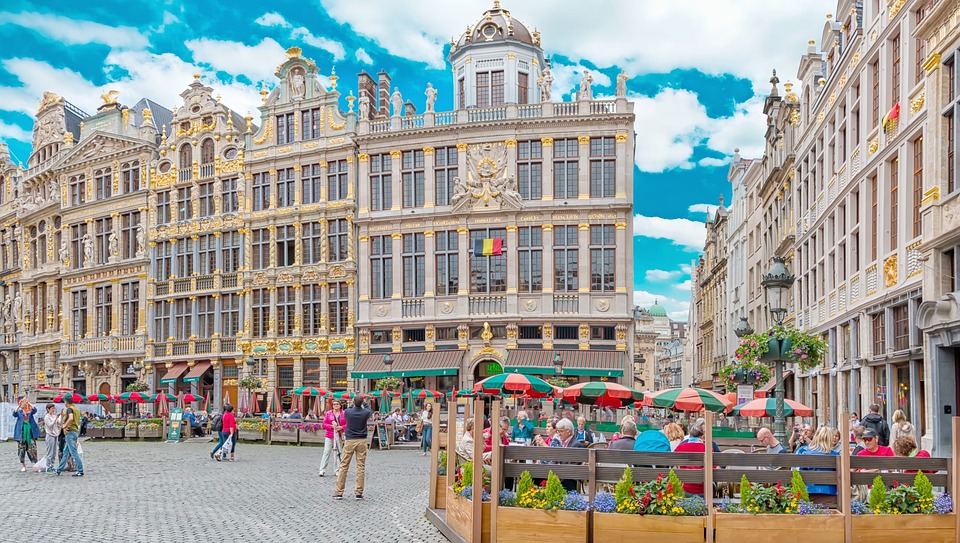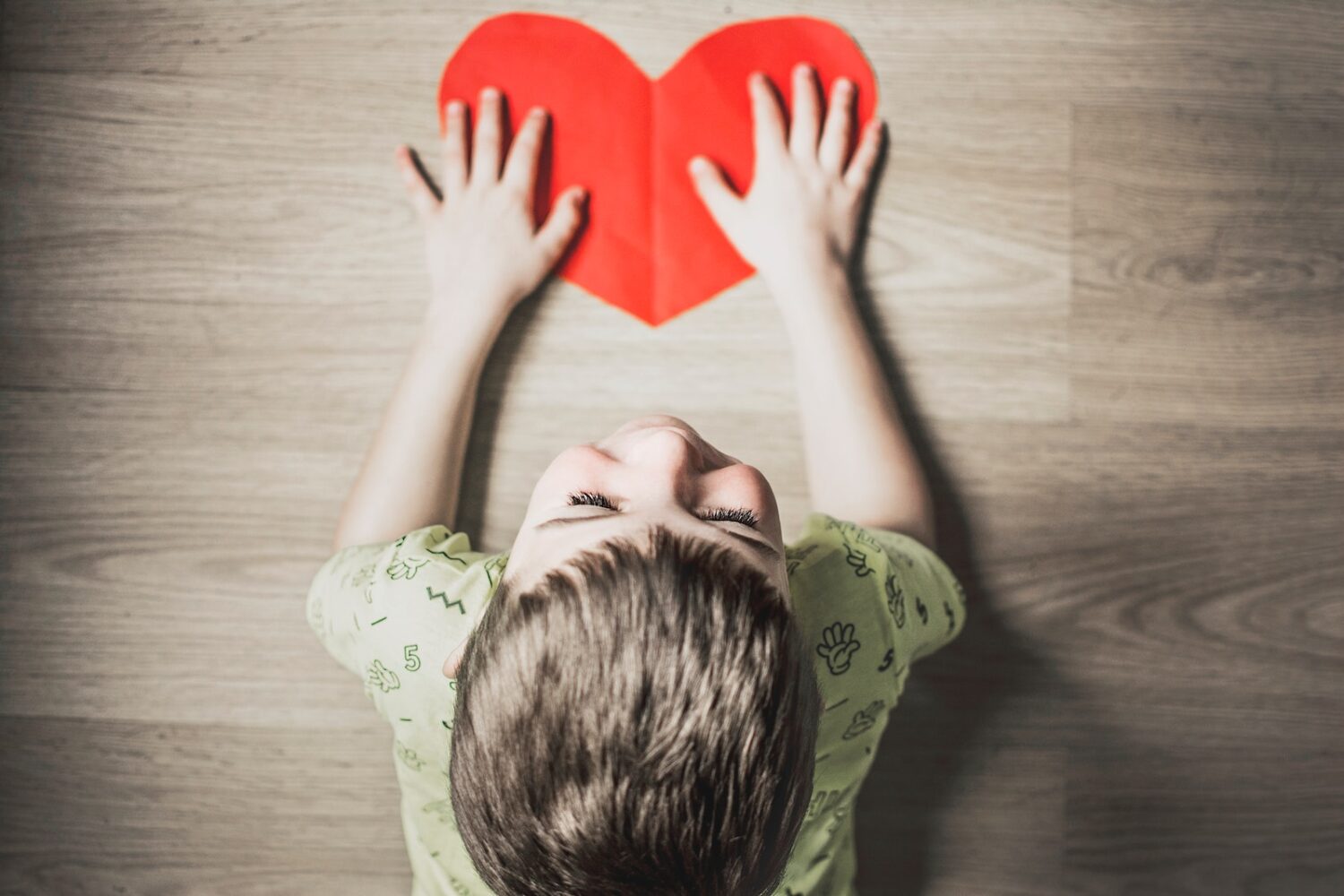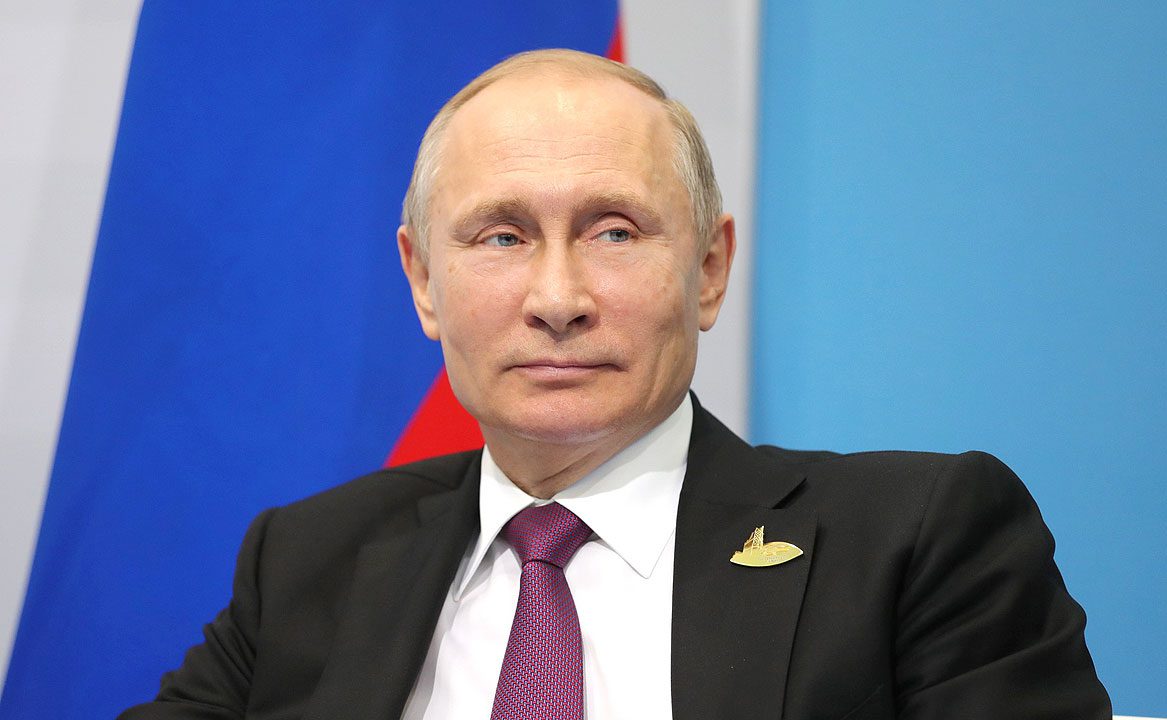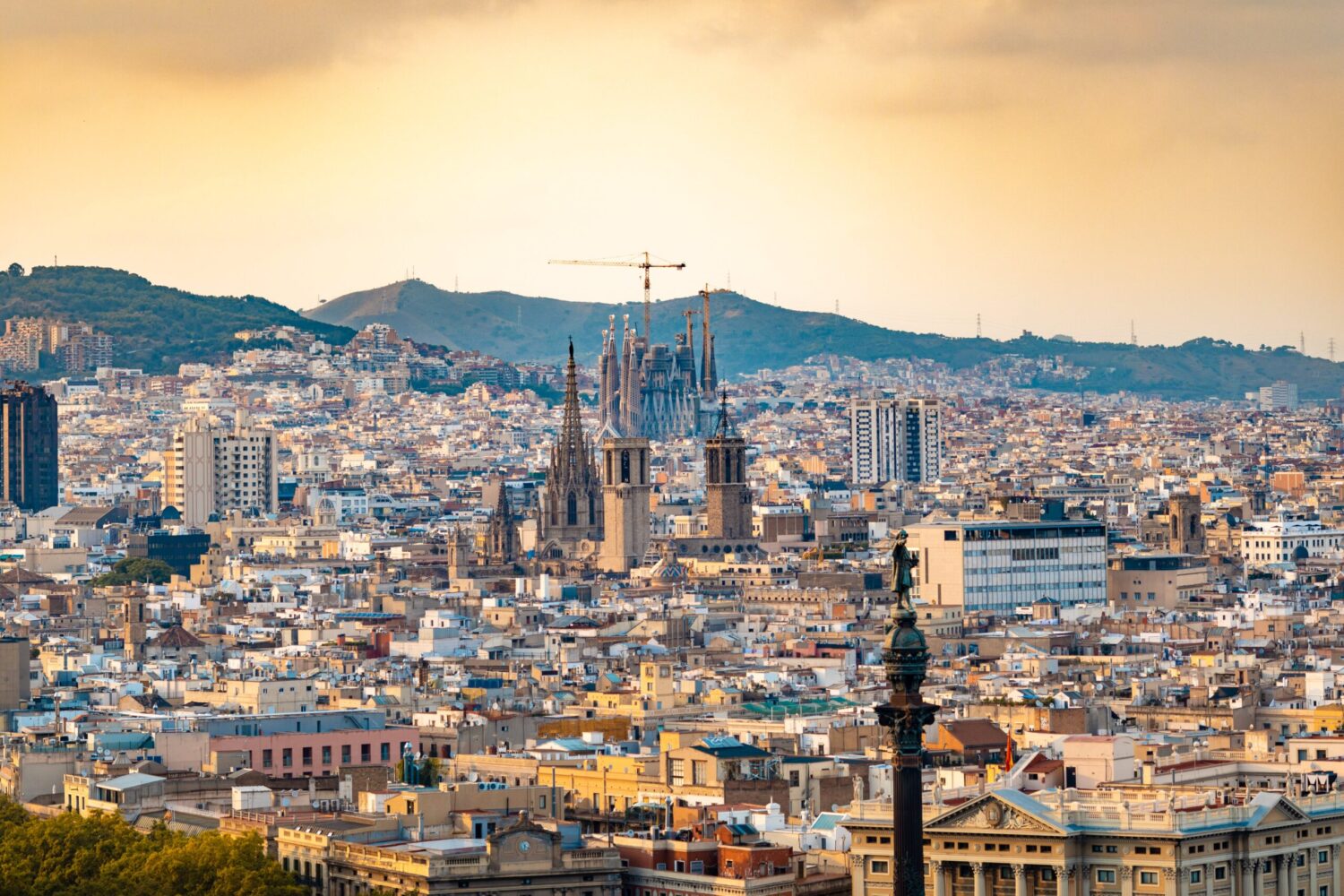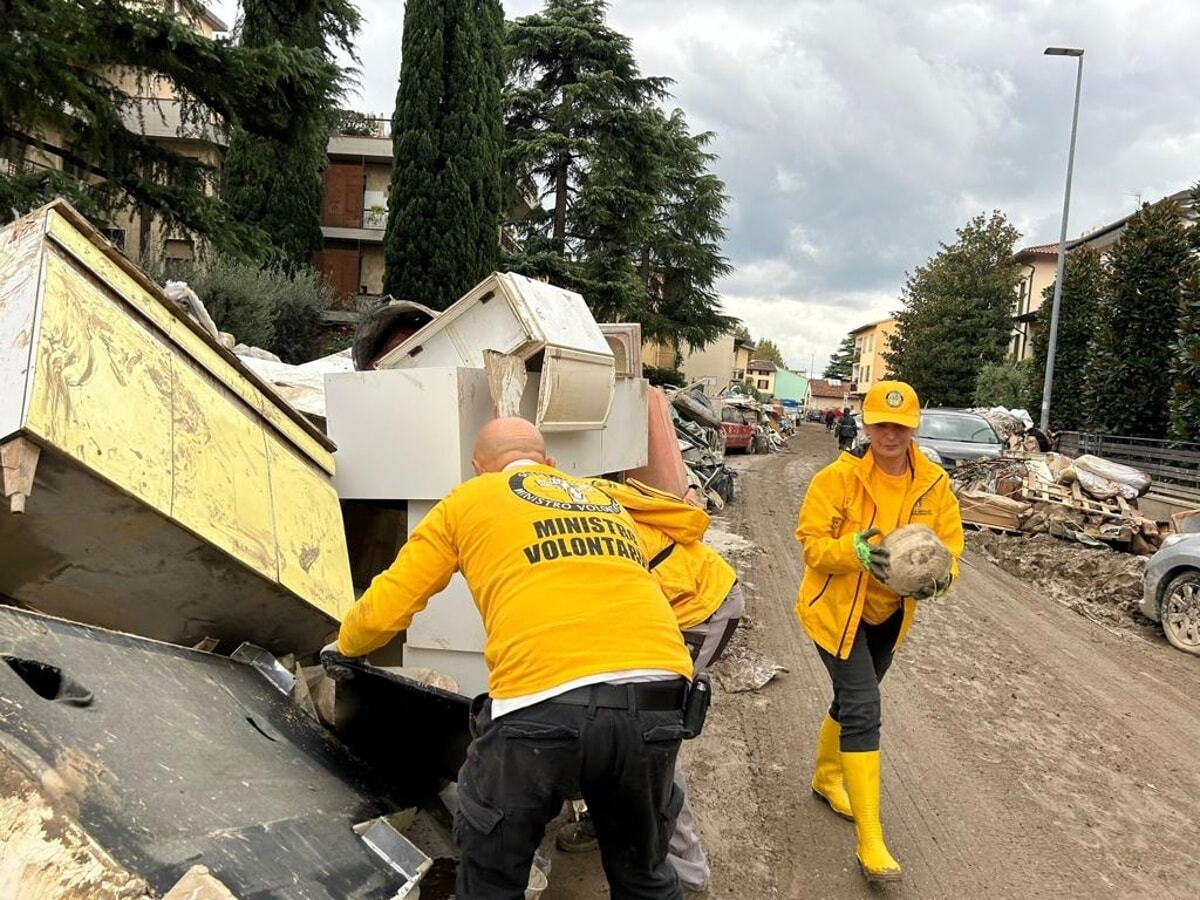Following its full-scale invasion of Ukraine in February 2022, Russia has been subject to arguably the most comprehensive and severe sanctions ever imposed on any nation. The European Union, once Russia’s biggest trading partner, led the way with a staggering eleven packages of sanctions in the past 20 months, covering a wide array of people, state institutions and entities, private companies, and whole sectors of the economy. While morally understandable and politically prudent, it was unavoidable that such broad-based sanctions would increasingly emerge as a case of collateral damage.
Part of it is obviously due to the very nature of the European Union as it needs to reach the consensus of all its members who often have conflicting political views and economic interests vis-à-vis Russia and Ukraine, but the deliberate use of vague and obfuscating language has also been apparent and nowhere more so than in the use of word “oligarch”. Mentioned excessively in the Western press since the late 1990s, oligarchs came to symbolize the power and excess of the new class of ultra-rich businessmen who made their fortunes in the murky waters of post-Soviet Russia, often through their connection to the Kremlin.
An ill-defined word even in its heyday of the 2000s, “oligarch” was nonetheless adopted by EU policymakers as the catch-all term to denote anyone from a billionaire on the Forbes list to top managers and board members of companies across various sectors, many with no connection to the Kremlin and zero political clout. Sometimes one could even not see any difference between designated Russian top managers and non-designated foreign top managers working for major companies presented in Russia. Needless to say, this left the EU on very shaky ground legally: if you are on the list because you are an “oligarch” but that very term is evasive and subjective that destroys the rationale of imposing sanctions and makes it easier to successfully challenge them in court.
It took the EU over a year to realize that and it has now stopped using the word “oligarch” as justification for sanctions against Russian business, relying instead on something it calls “a leading businessperson”. While the term is not loaded and has no pre-conceived negative connotations, it is ultimately as vague and meaningless as an “oligarch.” Not to mention the fact that it is not at all clear why one should be sanctioned by virtue of being a “leading businessperson” regardless of actual influence on the Russian economy or the Kremlin’s decision-making. For example, the EU imposed sanctions on nearly all businessmen and top executives who met with President Vladimir Putin on February 24, 2022, in the wake of Russia’s invasion of Ukraine. How participation in that meeting signifies one’s full embracement of the Kremlin’s Ukraine policies or ability to influence Putin’s decisions is anybody’s guess. In particular, much of the reasoning for designations does not reflect a person’s ability to influence Russian government policies.
Moreover, it can be argued that, following Vladimir Putin’s policies to sideline first-generation billionaire oligarchs like Mikhail Khodorkovsky or Boris Berezovsky, there are no oligarchs in the proper sense of the word (i.e. businessmen with disproportionate political sway, at times surpassing that of the government) left in Russia. Today’s top businessmen are either former oligarchs that retained their capital made in the 1990s, state-linked tycoons, or a new breed of Western-oriented entrepreneurs and CEOs, who, unlike the previous generation, did not make their money following the controversial privatization of former Soviet industry and are not dependent on state contracts and connections.
In October, Marco-Advisory, a leading strategic business consultancy focusing on the Eurasian economy, put out a report titled “Business-Government Relations in Russia – Why Some Oligarchs are Sanctioned and Others are Not.” While it praised EU’s recent decision to be more precise in its wording, the report still noted that “the current approach to sanctions targeting is based on a misunderstanding of how business and government relate to each other in Russia.”
To suggest, like the EU seems to be doing, that being “a leading businessperson” equates with the ability to influence the Russian government it to grossly mispresent their role and real impact. This is doubly so for CEOs of private Russian companies like Dmitry Konov of petrochemical company Sibur, Alexander Shulgin of e-commerce giant Ozon and Vladimir Rashevsky of fertilizer maker Eurochem, who were sanctioned by virtue of representing their corporations at meetings with President Putin. They have subsequently stepped down from their roles to reduce the risk for their companies. While Shulgin, alongside billionaires Grigory Berezkin and Farkhad Akhmedov, was lifted off the EU sanctions list on September 15, such decision is pending for many others that were sanctioned on similar grounds and with little consideration given to their actual roles or the fact that they, like Sibur’s Konov, have stepped down precisely because of sanctions imposed on them.
As Marco-Advisory put it, there is a very broad group of businesspeople “who have been sanctioned simply for being known in the Western media or because they are on rich lists, as their companies carried out IPOs in the UK or the U.S. or for other reasons, without having any sort of mutually beneficial relationship with the Russian government.” Ultimately, there appears to be little legal or even logical grounds to keep them sanctioned.
Given the bureaucratic, broad-based approach to imposing sanctions it is little wonder they have done little to approach their stated goal – that is, changing Russia’s course on Ukraine. If anything, they’ve only made the Kremlin more determined, while forced it to re-route its exports and financial flows to friendly countries like fellow BRICs China and India – something that may be impossible to reverse to the detriment of both Russia and Europe, whose relations are now poised to remain poisoned for years to come even assuming the Ukraine crisis is fully resolved.
Even more so, the sanctions appear to have the opposite effect than the one envisioned by Western politicians even on the first-generation oligarchs, like Alfa Group’s billionaire Mikhail Fridman. Fridman, whose net worth Forbes puts at $12.6 billion, making him Russia’s 9th richest individual, was in October forced to return to Moscow from his London home. In a recent interview to Bloomberg News the billionaire said he was essentially “squeezed out” by excessive restrictions making it impossible to leave the life he was used to and even called his vast investment projects in the UK over the years “a colossal mistake”.
By getting rid of the “oligarchs” on its sanctions list EU decisionmakers seem to be moving in the right direction. Whether that is just a rebranding or a sign of a more ambitious re-framing of Europe’s sanctions policies is yet to be seen. After all, as the history of economic sanctions teaches us, they are much easier to impose than to lift.




